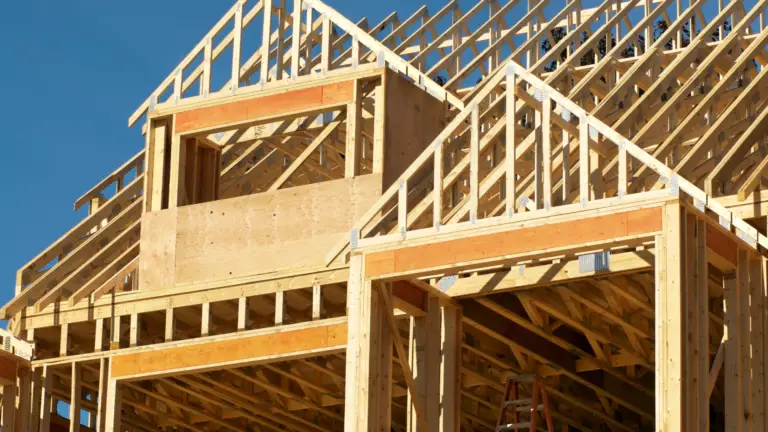In the 21st century, the construction industry has experienced revolutionary advances, transforming the way buildings, infrastructures, and large-scale projects are constructed. Through the adoption of new technologies and innovative approaches, construction has evolved to become more efficient, sustainable, and safe. In this blog, we will explore the most significant advancements in construction and the new processes being utilized today to create impressive and functional structures.
For more information about AH construction click HERE
Computer-Aided Design (CAD):
Computer-Aided Design (CAD) has revolutionized the way construction projects are conceived. Architects and designers use advanced software to create precise and detailed 3D models of structures. This enables better visualization and understanding of the project, facilitating the early detection of potential errors or design issues. Additionally, CAD facilitates collaboration among different teams involved in the project.
Modular Construction:
Modular construction has gained popularity in recent years due to its efficiency and versatility. This approach involves manufacturing structural components and finishes in a controlled environment outside the construction site, known as a “factory.” These prefabricated modules are then quickly assembled on-site, reducing construction time and associated costs. Furthermore, modular construction is more sustainable as it allows for efficient material usage and waste reduction compared to traditional construction.
Use of Innovative Materials:
The construction industry has made significant advances in the development and adoption of innovative materials. For instance, the use of high-performance concrete with special additives has improved the durability and strength of structures. Additionally, composite materials such as carbon fiber-reinforced steel offer higher strength and reduced mass, enabling more efficient and lightweight designs. New sustainable materials, such as recycled concrete and plant-based bio-materials, are also being explored to reduce the environmental impact of construction.
Drone Technology and Laser Scanning:
Drones and 3D laser scanning have revolutionized site inspection and data collection in construction. Drones can capture high-resolution aerial images, providing a comprehensive view of the site and aiding in project planning and supervision. On the other hand, 3D laser scanning allows for the rapid capture of the geometry of an environment, generating precise point clouds that can be used for design, verification, and quality control purposes.
Sustainable Construction:
Sustainability has become a paramount focus in the construction industry. Advances in techniques and technologies have enabled the construction of greener, more energy-efficient buildings. Passive design strategies, such as proper building orientation to harness sunlight and natural ventilation, are being employed. Additionally, advanced energy management systems, such as solar energy and geothermal, are being implemented to reduce reliance on fossil fuels.
Virtual and Augmented Reality:
Virtual Reality (VR) and Augmented Reality (AR) have transformed the way construction professionals visualize and collaborate on projects. With VR, architects and designers can create immersive virtual environments that allow clients and construction teams to explore and experience a project before it is built. AR, on the other hand, overlays real-time digital information onto the physical environment, facilitating communication and decision-making on the construction site.
Artificial Intelligence (AI) and Big Data:
AI and Big Data analytics are driving efficiency and decision-making in construction. AI algorithms can analyze large amounts of data, such as sensor data, construction records, and weather forecasts, to improve project planning and management. Additionally, AI can assist in early detection of potential issues, prevent failures, and optimize structure maintenance.
Construction has evolved significantly in the 21st century, thanks to technological advancements and the adoption of new approaches. From computer-aided design to modular construction, the use of innovative materials, drone technology, sustainable construction practices, virtual and augmented reality, and artificial intelligence, the construction industry has achieved increased efficiency, cost reduction, and improved sustainability. As we continue to progress, we can expect more exciting innovations in the field of construction, leading us to a future built on stronger and more sustainable foundations.
To view AH Construction’s projects click HERE




